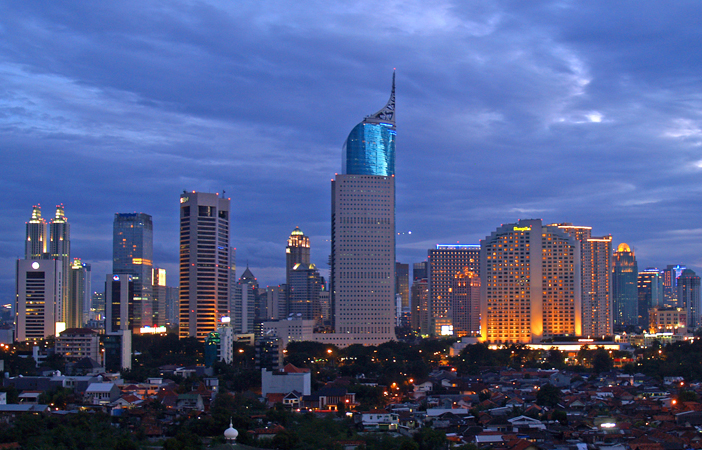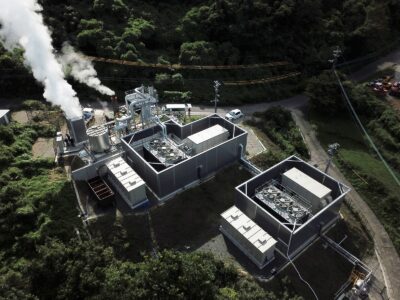Chevron abandons Ciremai Mountain project in Indonesia
Chevron Geothermal Indonesia returned the Ciremai Mountain geothermal working area to the Indonesian government, a move that could push back the country’s ambition to take advantage of its huge geothermal potential.
Bad news last week for geothermal development in Indonesia, according to local news, Chevron Geothermal Indonesia returned the Ciremai Mountain geothermal working area to the Indonesian government, a move that could push back the country’s ambition to take advantage of its huge geothermal potential.
Based on the company’s evaluation, it was impossible for Chevron to continue the development of the Ciremai geothermal project, Chevron Pacific Indonesia corporate communications manager Doni Indrawan said on Wednesday.
“Chevron did not continue the management of the Ciremai geothermal, and we returned it to the Indonesian government, so that they can consider conducting a re-tender,” Doni said. He did provide further details of the evaluation.
The company had reported the decision to the West Java governor and the Ministry of Energy and Natural Resources.
Separately, Rida Mulyana, director general of renewable energy and energy conservation at the ministry, said the government is still studying Chevron’s move and had not made any decision.
Rida dismissed speculation that Chevron is quitting the project because of permit lateness from the West Java administration and resistance from local residents.
Chevron was the only participant in the Ciremai geothermal working area in 2011 and then it was later announced as the tender winner.
Ciremai Mountain stands on 24,000 hectares between Majalengka and Kuningan districts and is predicted to have 150 megawatt of geothermal energy potential.
Indonesia, which has the world’s largest geothermal potential of about 28,994 megawatts in reserves, is targeting to increase its geothermal contribution to 5 percent of its total energy mix by 2025, from 1.4 percent now.
Source: Jakarta Globe


















